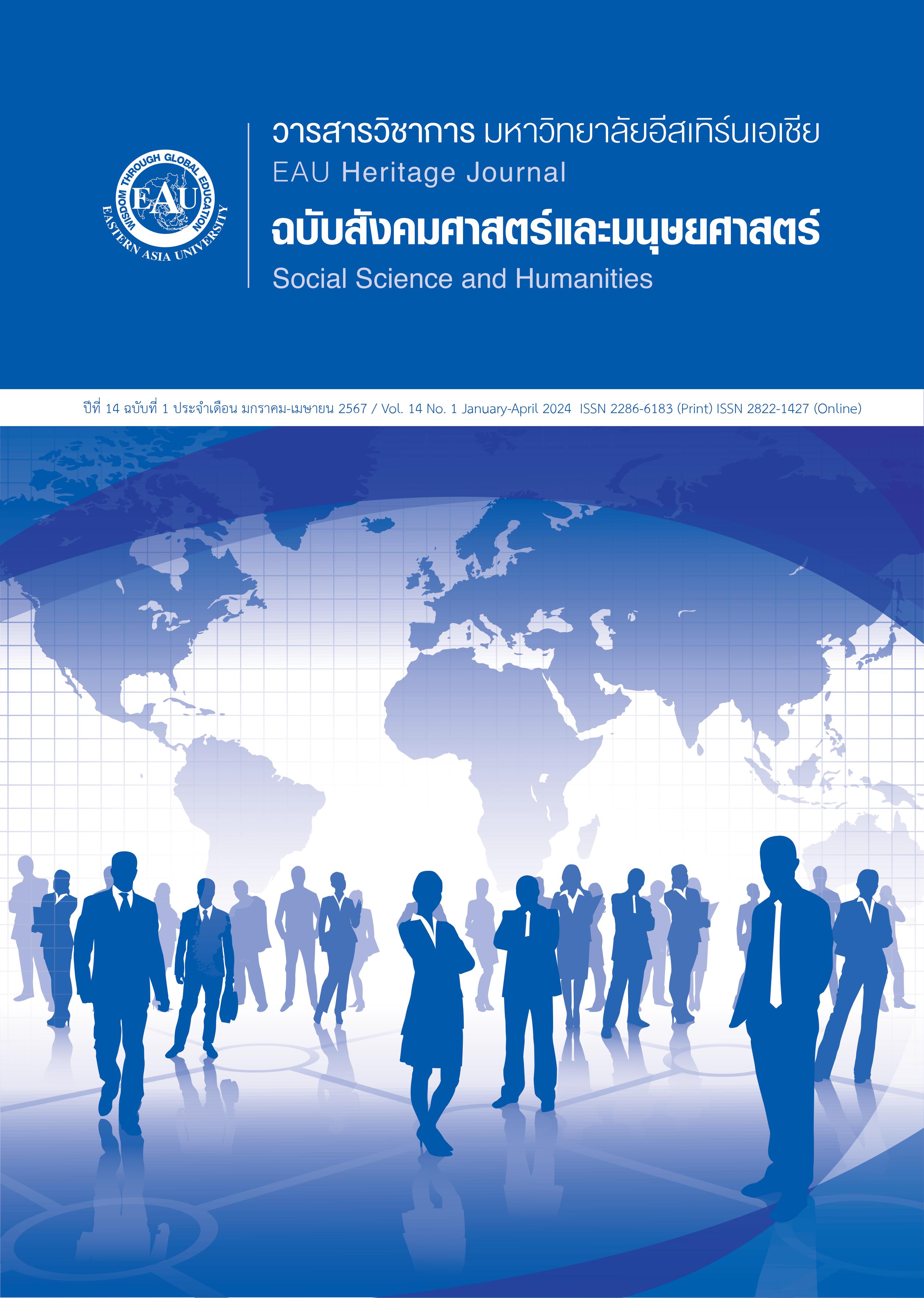การบริหารการจัดการระบบประปาขององค์กรปกครองส่วนท้องถิ่น ในจังหวัดชายแดนภาคใต้
คำสำคัญ:
ระบบประปา, โรคอุจาระร่วง, องค์กรปกครองส่วนท้องถิ่นบทคัดย่อ
การศึกษาครั้งนี้ เป็นการศึกษาเชิงคุณภาพ และเชิงปริมาณ เพื่อศึกษาถึงปัจจัยความสำเร็จในการบริหารการจัดการน้ำประปา และเปรียบเทียบอัตราการเกิดโรคอุจาระร่วงในพื้นที่ที่มีและไม่มีระบบประปา กลุ่มเป้าหมายคัดเลือกแบบวิธีเจาะจง 3 ตำบลที่มีน้ำประปาและ 3 ตำบลที่ไม่มีระบบน้ำประปาในพื้นที่อำเภอเดียวกันและมี
อาณาเขตติดต่อ โดยใช้การสัมภาษณ์เชิงลึก (In-depth Interview) ในผู้บริหารองค์การบริหารส่วนตำบลและเจ้าหน้าที่ที่รับผิดชอบระบบประปา และข้อมูลรายงานการเฝ้าระวังโรคอุจจาระร่วง (รง.506) ปี พ.ศ.2561-2565
ผลการศึกษา พบว่า ปัจจัยความสำเร็จการบริหารการจัดการน้ำประปาขององค์กรปกครองส่วนท้องถิ่นใน 4 ประเด็น ได้แก่ ประเด็นการมีแหล่งน้ำดิบที่เพียงพอในการผลิต, มีบุคลากรของอบต.ที่ดูแลระบบ, รูปแบบการจัดการด้วยคณะกรรมการหมู่บ้านที่มีความรู้ด้านระบบประปาโดยมีอบต. เป็นหน่วยสนับสนุนการดำเนินงาน และมีงบประมาณที่เพียงพอในการจัดการ สำหรับอบต.ที่ไม่มีระบบประปา พบปัญหาจากการไม่มีแหล่งน้ำดิบ ไม่มีพื้นที่สร้าง ขาดบุคลากรด้านช่าง และยังไม่เป็นปัญหาของชุมชนเนื่องจากยังไม่ขาดแคลนน้ำใช้ รูปแบบที่เหมาะสมในการบริหารระบบประปาหมู่บ้านที่ดีและมีประสิทธิภาพ พบว่า มี 2 แนวทาง คือ (1) มีระบบประปาใหญ่ 1 แห่ง มีการจ่ายน้ำครอบคลุมทั้งตำบลโดยที่อบต.เป็นผู้ดำเนินการ มีเทคนิคการทำงานไม่ซับซ้อน และต้องมีหน่วยงานด้านการประปามาสนับสนุน (2) มีระบบประปาอย่างน้อย 1 แห่งต่อหมู่บ้าน ควรมอบให้คณะกรรมการหมู่บ้านเป็นผู้ดูแลและผู้ปฏิบัติงานควรผ่านการอบรมด้านประปา โดยมีอบต.สนับสนุนการดำเนินงานและงบประมาณ และความสัมพันธ์ระหว่างอัตราป่วยด้วยโรคอุจจาระร่วง 5 ปีย้อนหลัง ของพื้นที่ที่มีและไม่มีระบบประปาในจังหวัดนราธิวาส, ยะลา และปัตตานี เท่ากับ 0.963, -0.577 และ-0.3671 ตามลำดับ
เอกสารอ้างอิง
Bureau of Environmental Health, Department of Health, Ministry of Public Health. (2017), Community
environmental health management for citizens. (1st printing). Mahachulalongkornrajavidyalaya
Printing House. (in Thai)
Bureau of Epidemiology, Department of Disease Control., (2020). Annual Epidemiological Surveillance Report
Retrieved from https://apps-doe.moph.go.th/boeeng/download/AW_AESR_2563_MIX.pdf(in Thai)
Bureau of Food and Water Sanitation, Department of Health (2018). Assessment quality standards of village
water supply 2018 Report., p.15 Retrieved from
https://foodsan.anamai.moph.go.th/th/water-quality/download/?did=204418&id=72108&reload=
(in Thai)
Department of Local Administration. (2022). criteria and quality standards for village water supply systems
of local government organizations.
Retrieved from http://www.dla.go.th/upload/document/type2/2022/7/27706_2_1658202314710.pdf
(in Thai)
Fewtrell L, Kaufmann RB, Kay D, Enanoria W, Haller L, Colford JM Jr. (2005. Water, sanitation, and hygiene
interventions to reduce diarrhoea in less developed countries: a systematic review and meta-
analysis. Lancet Infect Dis. Jan;5(1):42-52.
Retrieved from https://doi:10.1016/S1473-3099(04)01253-8
Inthanchan R. (2022). The Development of Public Services for The Sub District Administrative Organization
in Nakhon Pathom Province. Siam Academic Review, 15(2), 95–105.
Retrieved from https://so07.tci-thaijo.org/index.php/sujba/article/view/846 (in Thai)
Kaewchaon A. (2017). The study state of problems and the solutions of water supply management in
Chakkabok Subdistrict Municiplity, Bankhai district, Rayong province. (Master's Thesis).
Retrieved from https://buuir.buu.ac.th/xmlui/handle/1234567890/6182 (in Thai)
Majuru B, Michael Mokoena M, Jagals P, Hunter PR. (2011). Health impact of small-community water
supply reliability. International Journal of Hygiene and Environmental Health, 214(2), 162 - 166.
Retrieved from https://doi: 10.1016/j.ijheh.2010.10.005.
Office of Water Management, Department of Water Resources, Ministry of Natural Resources and
Environment (2018). Criteria and quality standards for village water supply systems. Bangkok: War
Veterans Organization under Royal Patronage Printing House. (in Thai)
Phakham S., Wilachai W., Silprasit K., Thummajitsakul S. (2015). A study of waterborne diseases classified to
water consumption behaviors in Moo 7 community, Bangluksua sub-district, Ongkh. BCNNON HEALTH
SCIENCE RESEARCH JOURNAL, 9(2).
Retrieved from https://he01.tci-thaijo.org/index.php/JHR/article/view/56561 (in Thai)
Phokanit, K. & Nooyot, K. (2020). Problems of Water Management for Consumption of Ban Na Si Nuan
Community, Na Siao Sub-district, Mueang District, Chaiyaphum Province. Journal of Modern Learning
Development, 5(3), 93–106.
Retrieved from https://so06.tci-thaijo.org/index.php/jomld/article/view/242471. (in Thai)
Sa-nguanduan N. (2020). Assessment of Village Waterworks Systems from Groundwater Resources: Case
Studies of ThungluknokSubdistrict Administrative Organization, Nakhon Pathom. Thai Science and
Technology Journal 28(4).
Retrieved from https://li01.tci-thaijo.org/index.php/tstj/article/view/235682/161907 (in Thai)
Sriket J. Prommanee P. Sriket, T. (2016). Contamination of Total coliform bacteria in water sources for
water supply and village water supply system Dongbang Subdistrict, Prachantakham District,
Prachinburi Province. EAU Heritage Journal Science and Technology, 10 (2), 189-198
Retrieved from https://he01.tci-thaijo.org/index.php/EAUHJSci/article/view/56130/53273 (in Thai)
Tasantiea C. Study of production process and quality of water supply in Thanprasat Subdistrict, Nonsung
District, Nakhon ratchasima Province. (Master's Thesis).
Retrieved from http://ethesisarchive.library.tu.ac.th/thesis/2018/TU_2018_5409031571_3115_9505.pdf
(in Thai)
UNICEF/WHO. (2009). Diarrhea; why children are still dying and what can be done. Retrieved from https://www.who.int/publications/i/item/ 9789241598415.
Yotawut M. (2017). Management of Village Waterworks in Thailand: A Case Study of Community of Nakhon
Nayok Province Retrieved from https://www.dpu.ac.th/dpurdi/research/487 (in Thai)





